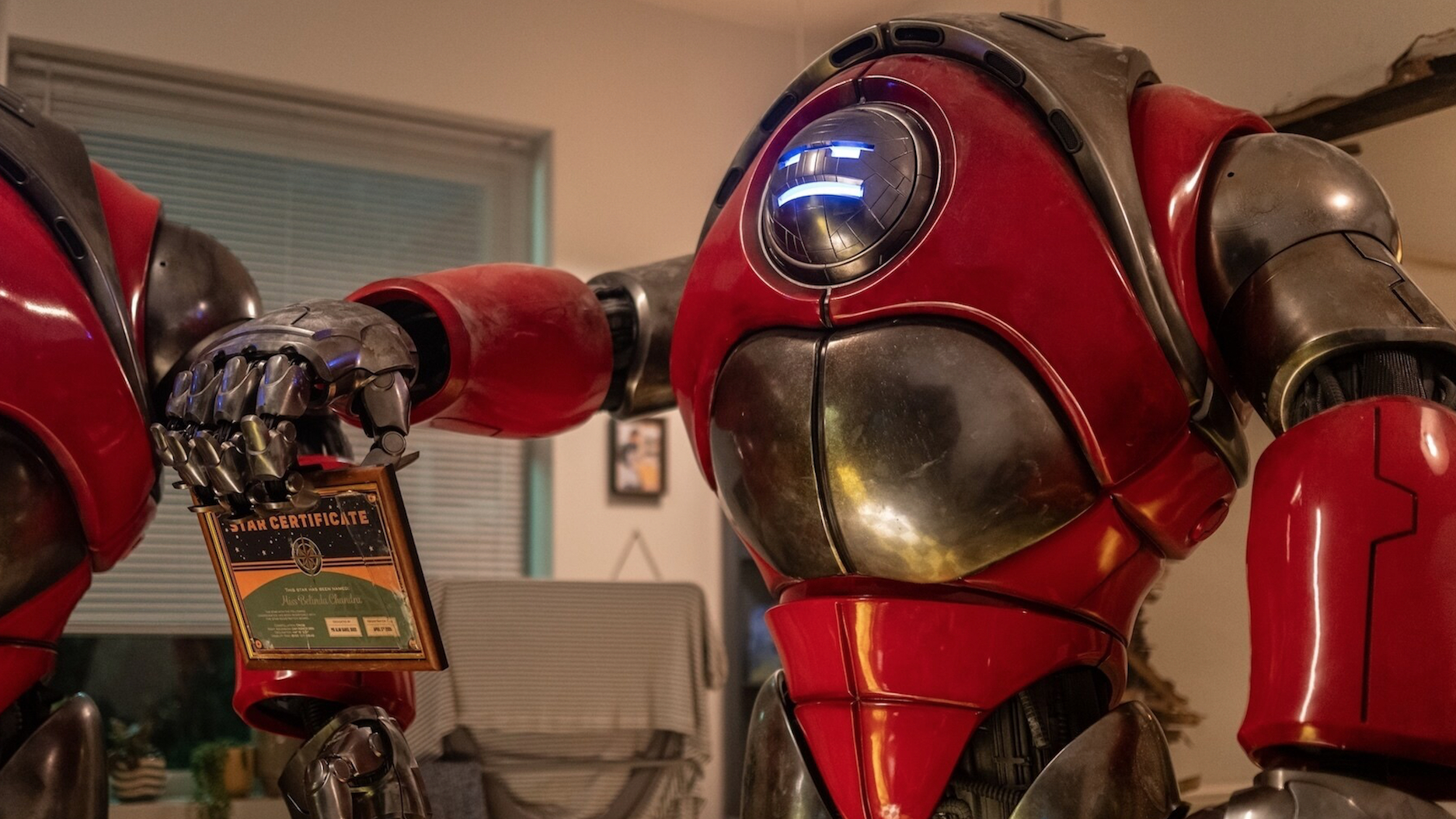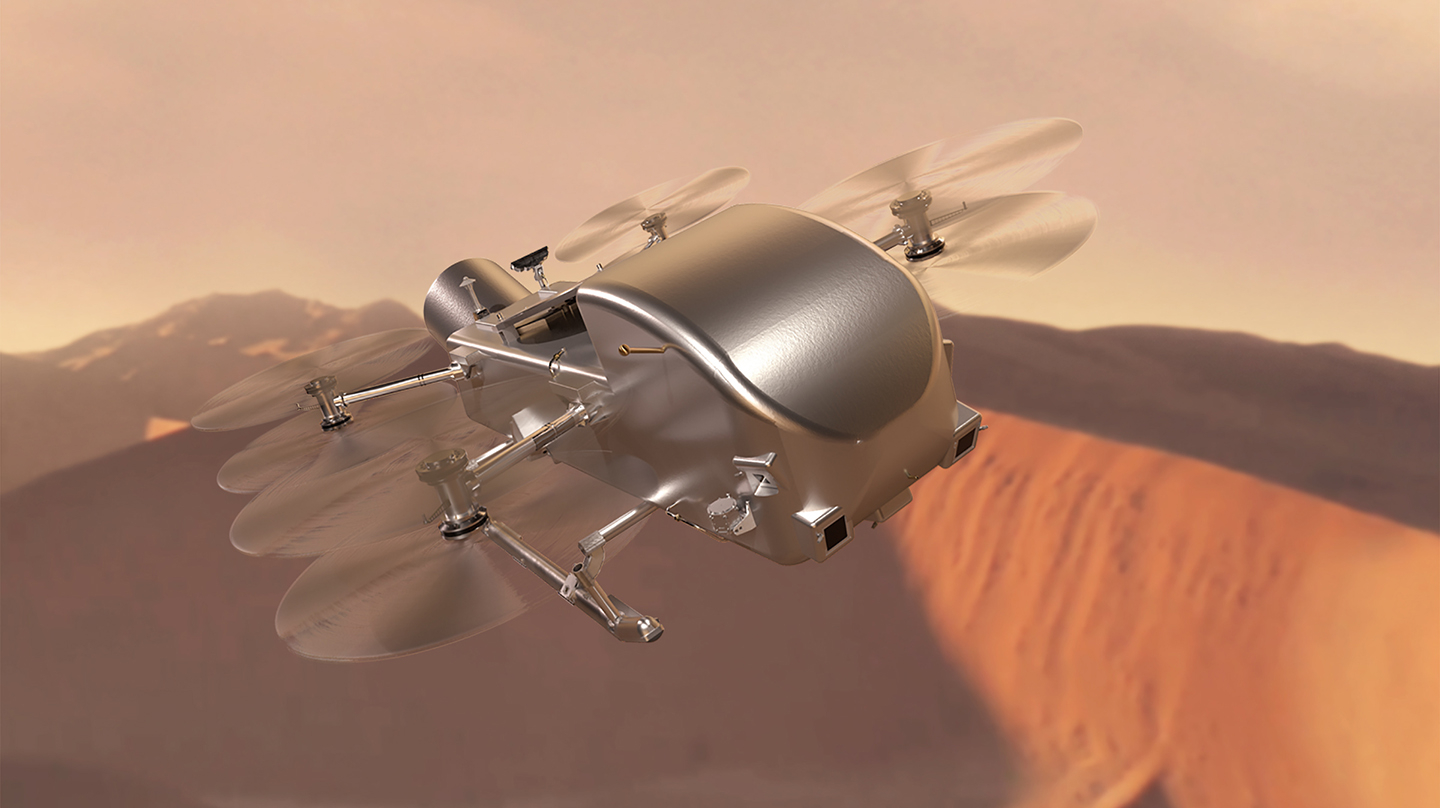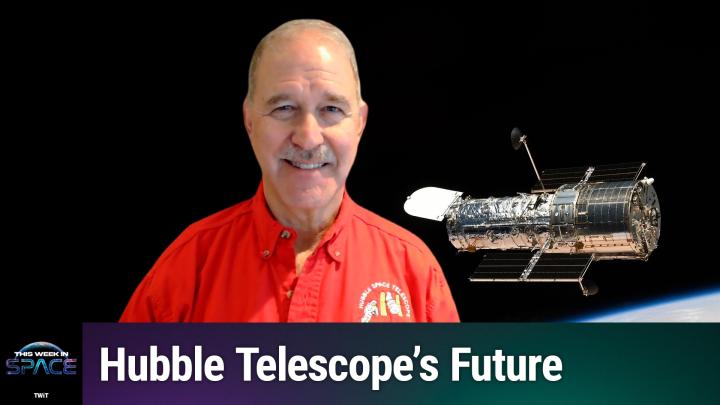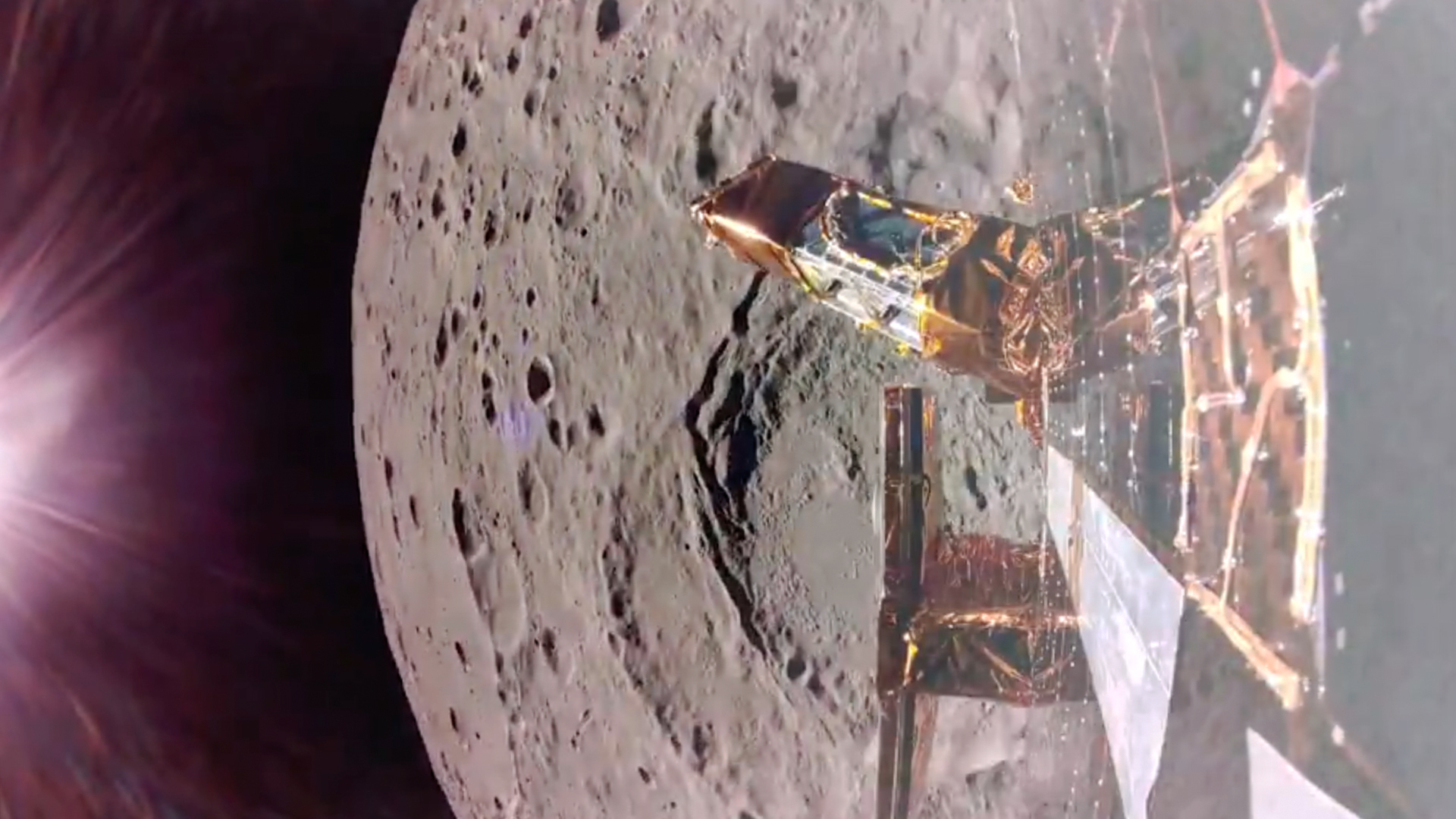InSight's Mars Landing Warms the Hearts of Chilled Space Buffs in Times Square
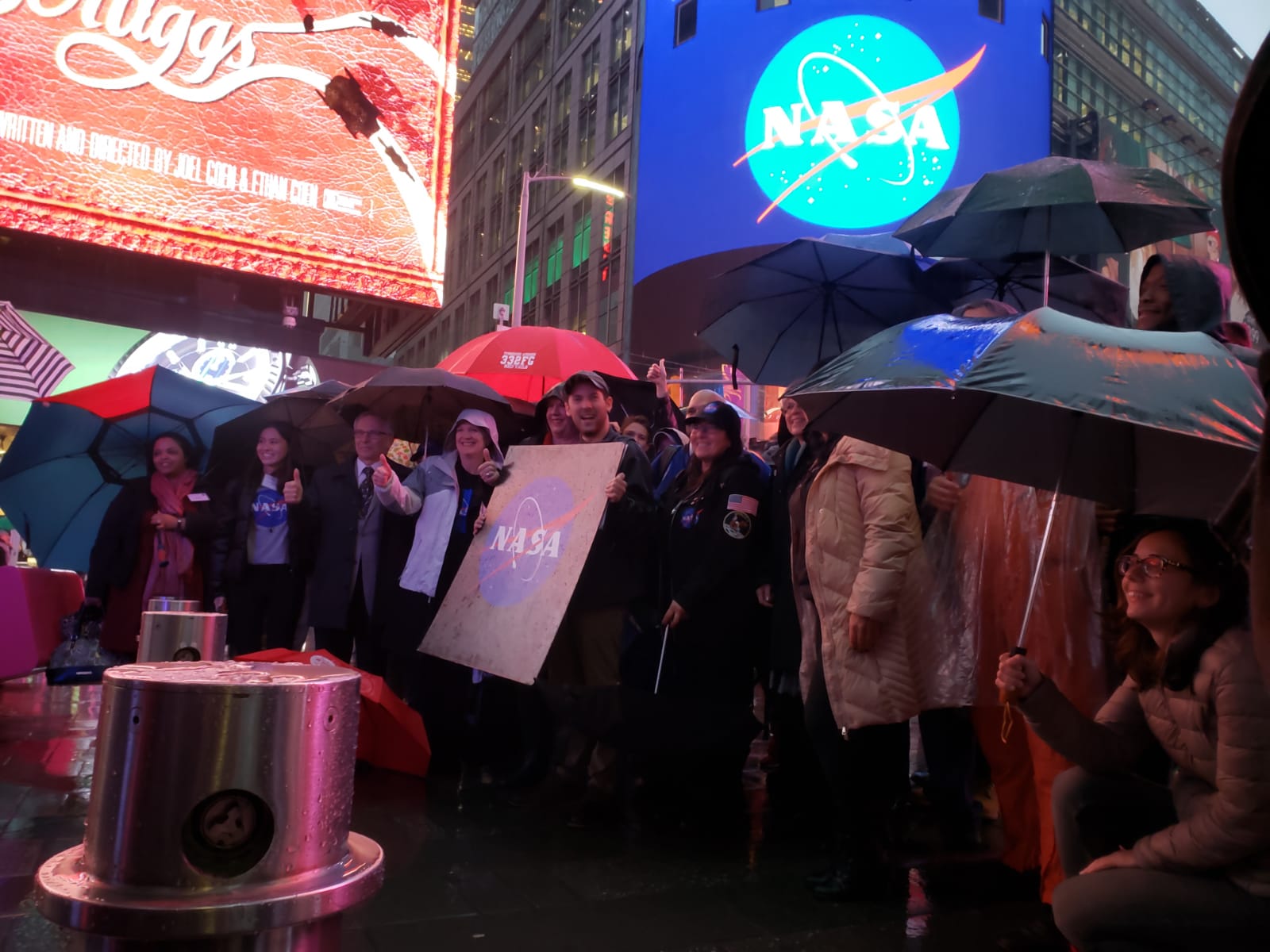
NEW YORK — A group of about 40 space enthusiasts huddled under umbrellas yesterday (Nov. 26) as the lights in Times Square transmitted news of the "perilous" landing maneuver to bring NASA's InSight spacecraft down to the surface of Mars.
From 2 p.m. to shortly past 3 p.m. EST (1900 to 2000 GMT), the space agency and the Nasdaq Stock Market co-hosted a gathering at 4 Times Square. While the event did draw some pedestrian curiosity, most of the crowd was NASA-affiliated.
"It's not often that there's something that brings you down to New York City in the rain," said David Mestre, director of the Henry B. duPont III Planetarium at the Discovery Museum in Bridgeport, Connecticut. He shared an umbrella with Dawn Tucker, a NASA Solar System Ambassador who is also a STEM teacher in the Bronx. [InSight Mars Lander Unfurls Solar Wings Amid 'Quiet Beauty' of Red Planet]
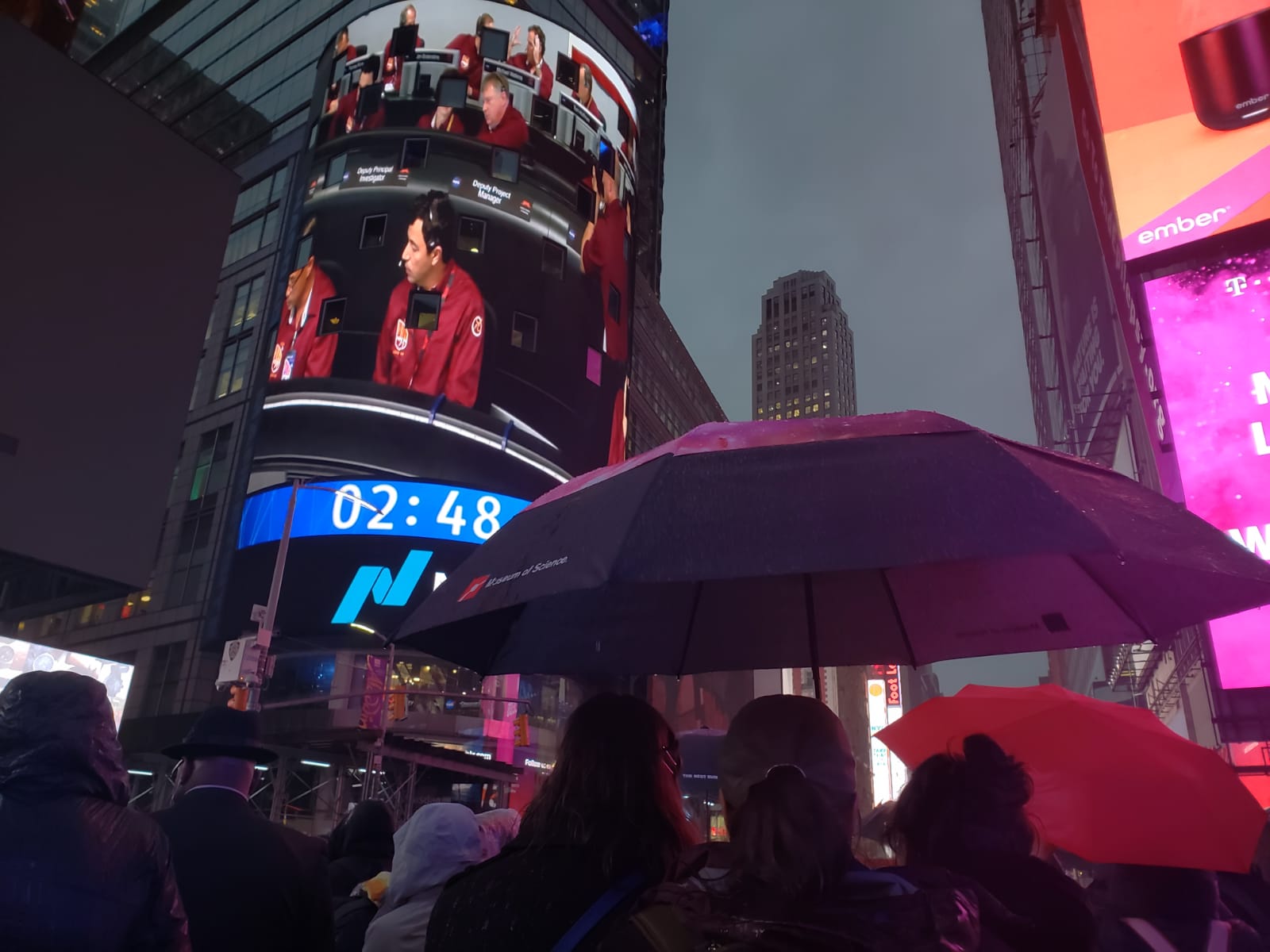
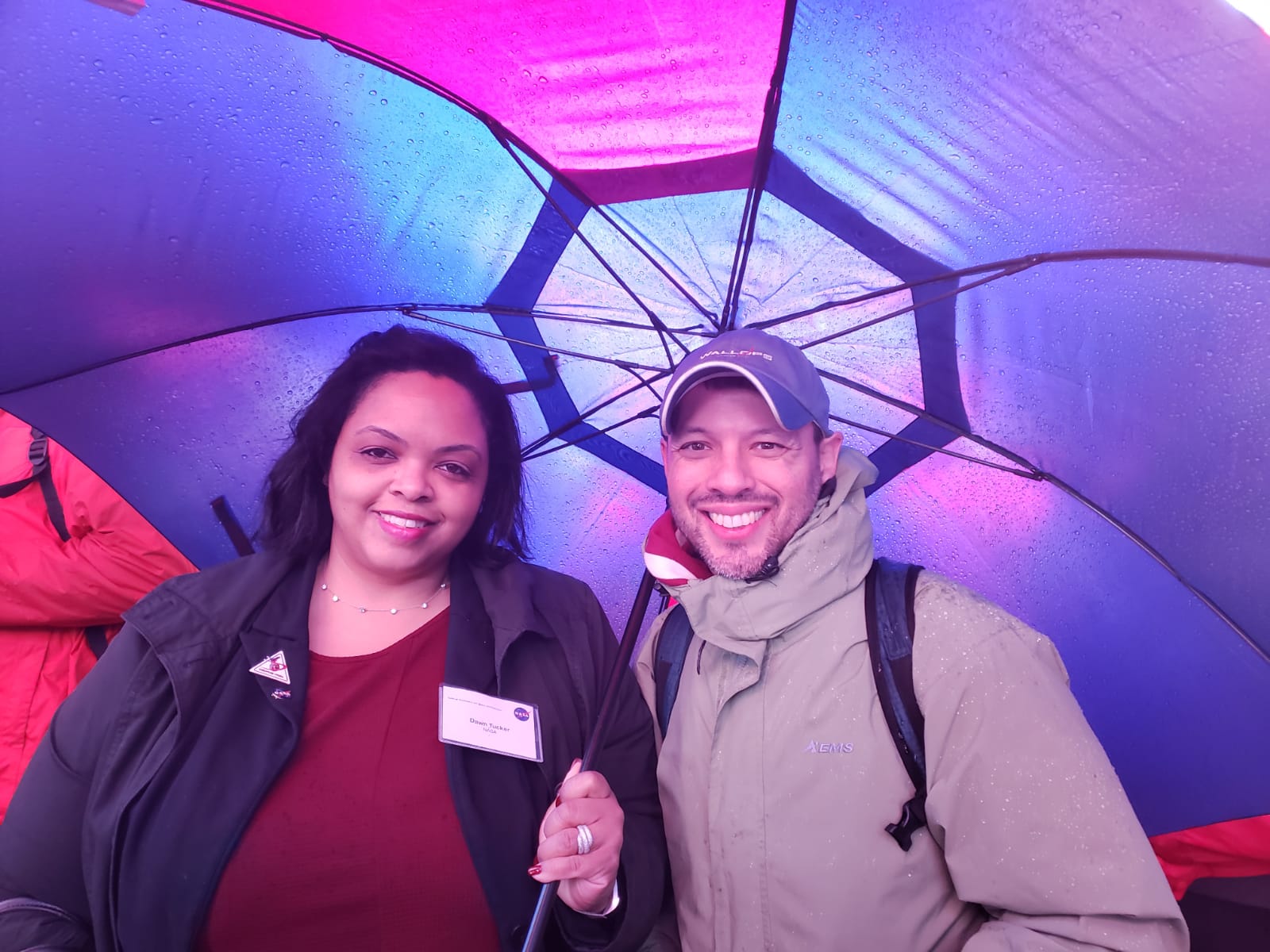
A block north, the ABC news ticker called the InSight landing "perilous." At the southern corner, the Nasdaq Screen would soon start airing NASA TV. The rain increased, the crowd grew chilly, but the smiles only got bigger.
Get the Space.com Newsletter
Breaking space news, the latest updates on rocket launches, skywatching events and more!
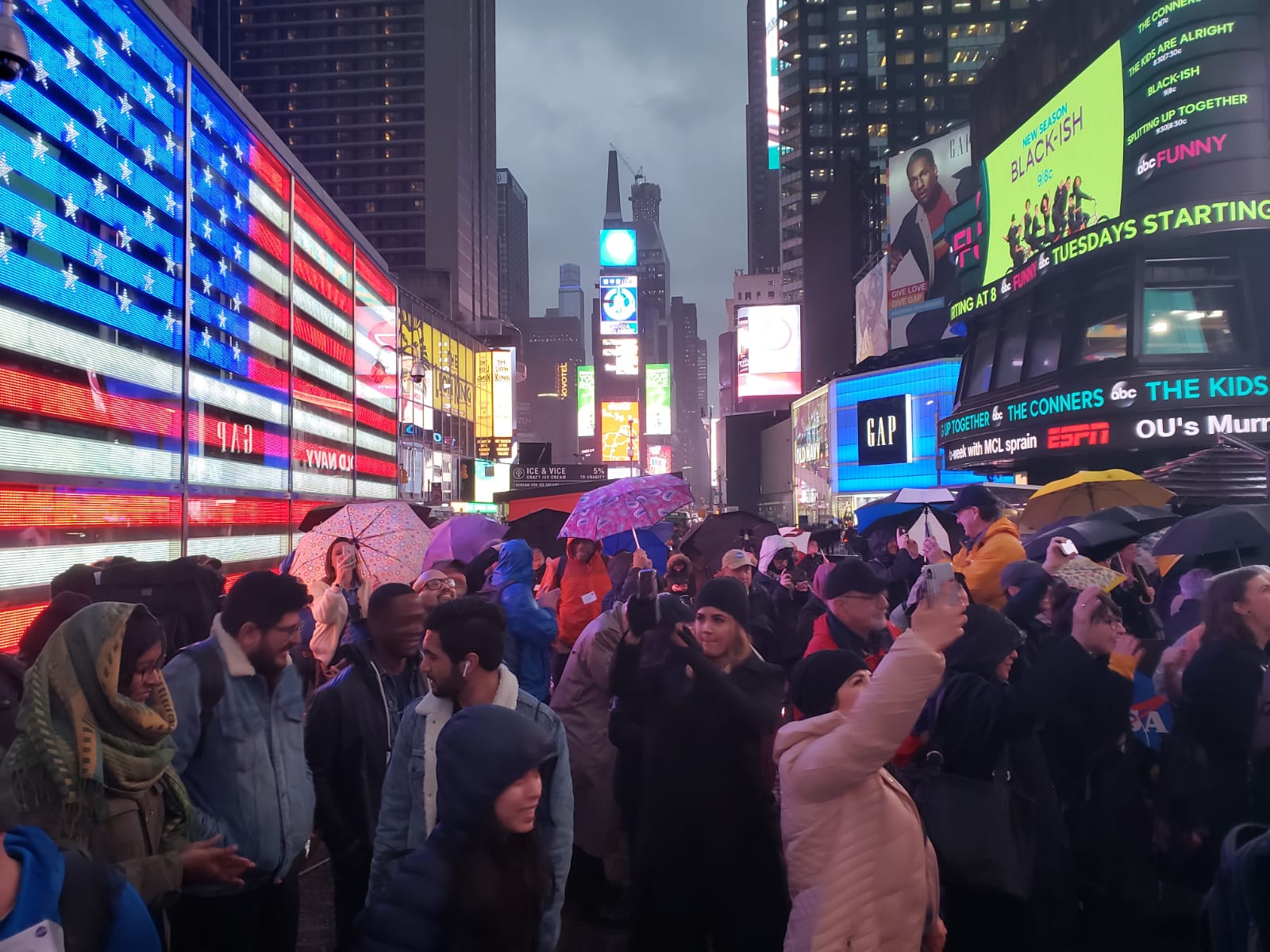

Emily Muggleton, a mechanical engineer and NASA Solar System Ambassador, found the whole landing event "super exciting." She's working on a space-travel project of her own, too.
"Personally, I'm super interested in designing spacesuits. I'm currently making one in my apartment," she said. "I want a spacesuit, and I can't go out and get one, so I'll build one!" She became inspired by spacesuits after working with them earlier in her career. She's currently developing ways to produce hardware for the spacesuit with 3D-printing.

"It's just neat! It piques imagination," Allegra LeGrande told Space.com about InSight. She is a physical research scientist at NASA's Goddard Institute for Space Studies in New York. She said this mission will "plug that gap of knowledge" about what happens under Mars' surface.
The InSight mission will operate for two Earth years gathering data about the interior of our cosmic neighbor. To get there, InSight had to first survive its landing. The New York crowd whispered and occasionally shouted updates to one another as InSight endured a dramatic 6.5-minute entry into the Martian atmosphere, and as scientists received data about the entry progress. People shared words of excitement and anxiousness as InSight entered the Martian atmosphere at about 12,300 mph (19,800 km/h). Its heat shield endured temperatures hot enough to melt steel. To touch down on the flat plains of Mars' Elysium Planitia, InSight began igniting its thrusters to decelerate the spacecraft.
At 2:53 p.m. EST (1953 GMT), signals confirming InSight's touchdown reached Earth. And as mission team members at the agency's Jet Propulsion Laboratory (JPL) could be seen celebrating on the Nasdaq screen, the Times Square crowd cheered too, even as the hard rain continued falling.
After the landing, NASA Deputy Associate Administrator Melanie Saunders and retired NASA astronaut Mike Massimino headed inside to ring the Nasdaq closing bell with other agency personnel, celebrating a job well done.

Follow Doris Elin Salazar on Twitter@salazar_elin. Follow us @Spacedotcom, Facebook and Google+. Original article on Space.com.
Join our Space Forums to keep talking space on the latest missions, night sky and more! And if you have a news tip, correction or comment, let us know at: community@space.com.
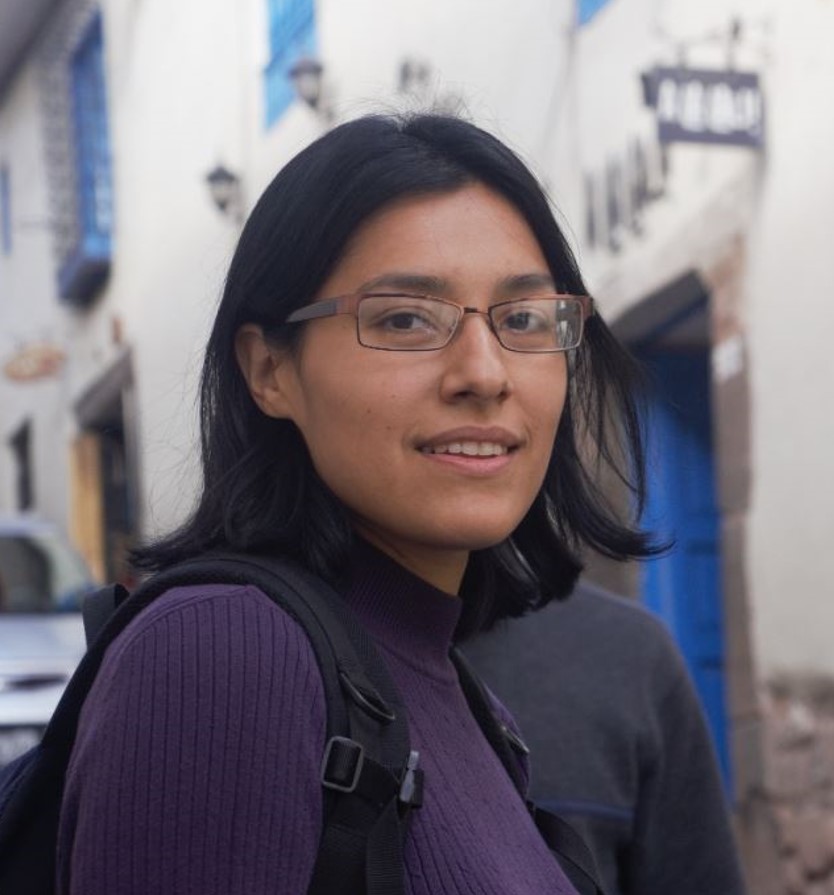
Doris is a science journalist and Space.com contributor. She received a B.A. in Sociology and Communications at Fordham University in New York City. Her first work was published in collaboration with London Mining Network, where her love of science writing was born. Her passion for astronomy started as a kid when she helped her sister build a model solar system in the Bronx. She got her first shot at astronomy writing as a Space.com editorial intern and continues to write about all things cosmic for the website. Doris has also written about microscopic plant life for Scientific American’s website and about whale calls for their print magazine. She has also written about ancient humans for Inverse, with stories ranging from how to recreate Pompeii’s cuisine to how to map the Polynesian expansion through genomics. She currently shares her home with two rabbits. Follow her on twitter at @salazar_elin.
